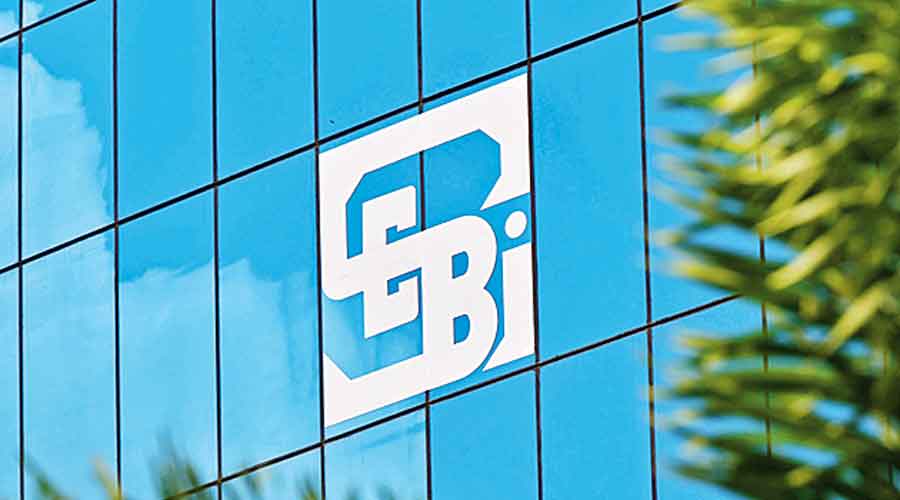India’s capital markets regulator is planning to change its rules to address concerns around founders and family members of tech or app-based start-ups owning shares under the employee stock ownership plan (Esop), two sources told Reuters.
The Securities and Exchange Board of India (Sebi) does not want founders to own stock options if they have rights akin to those enjoyed by promoters, the sources with direct knowledge of the matter said.
A decision in this regard could come sometime this year, the sources added.
Under Indian laws, promoters hold direct and indirect control over the company, advise, direct and instruct the board of directors, and have the right to nominate directors to the board, but are barred from owning Esops.
“In new-age tech companies, founders have reduced their shareholding to below 10 per cent and have stayed away from the promoter tag,” the first source said.
The regulator is examining the gap in the law and whether it is being misused, the source added.
One key example has been One97 Communications Ltd, popularly known as Paytm, whose founder, Vijay Shekhar Sharma, owned 14.7 per cent equity a year before filing to go public in 2021.
According to the current regulations, “a director who either himself, through his relative or any corporate body, directly or indirectly, holds more than 10 per cent of the outstanding equity shares of the company” is not eligible to receive stock options.
Sharma reduced his shareholding to 9.1 per cent by transferring 30.97 million shares to Axis Trustee Services, acting on behalf of the Sharma family trust in 2021, which made him eligible to receive shares under the Esop.
This seems like an instance unique to Paytm, where the trust route has been used to reduce direct equity holding to below 10 per cent, the second source said.
“The intention of the regulations is to include all structures for equity holding. This is a gap which needs to be plugged, it will be done via an amendment to Sebi’s stock options rules,” the source added.
Emailed queries sent to Paytm and Sebi were not answered immediately. The sources declined to be named as the discussions are confidential.
Institutional Investor Advisory Services (IIAS) first flagged concerns around Sharma’s Esop purchases in January.
Equity held in trust structures is not addressed directly and the designation of a founder is not defined, IIAS COOHetal Dalal said, highlighting the two key gaps in the current regulations.











